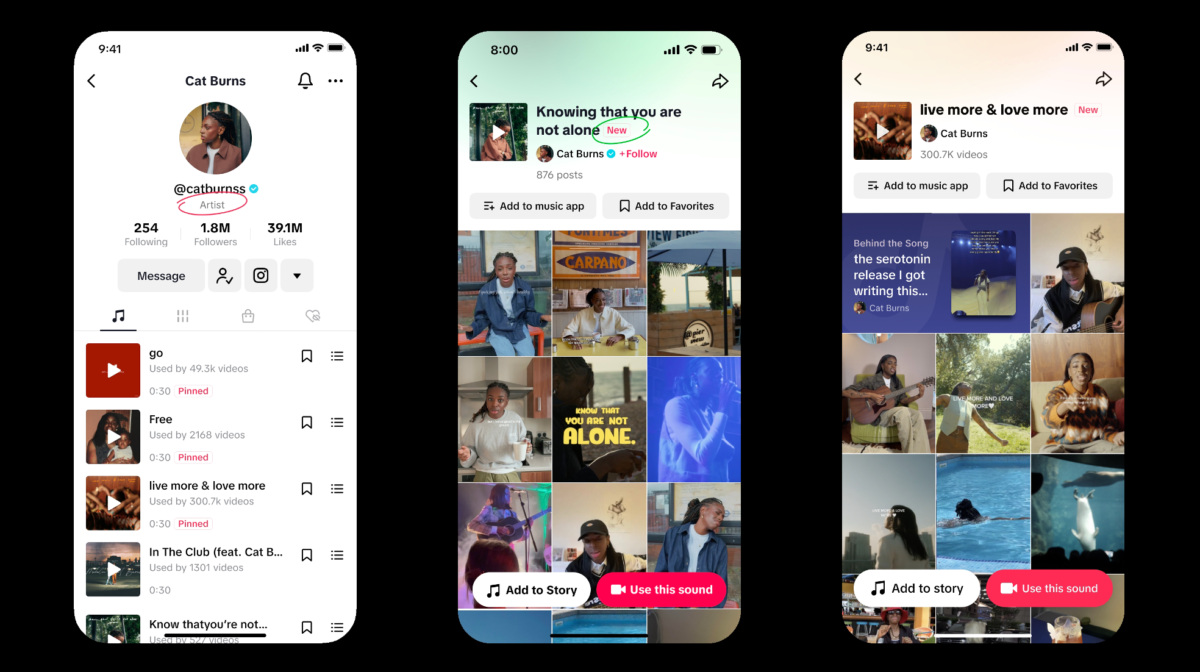If you’re a musician, you may wonder how to find band members to play with. After all, the great thing about music is that it is collaborative. One of the most exciting things about watching or listening to a live band is the coming together of several musicians working as a team to create the sound. No matter what kind of musician you are – generally speaking, you will eventually come to a point where you need to engage other musicians.

And it’s important to choose those people wisely – you’re going to be spending a lot of time with them, and from a creative perspective, it’s important to get your team right so that you are all pulling in the same creative direction rather than arguing.
So, whether you are a singer-songwriter looking to expand your sound or a bass player looking to find bandmates, this article is for you!
We’ll cover why the right band members are important and how to find good band members that will bring out the best in you. Be sure to stay until the very end so you don’t miss out on any key information!
What Makes A Good Band Member?
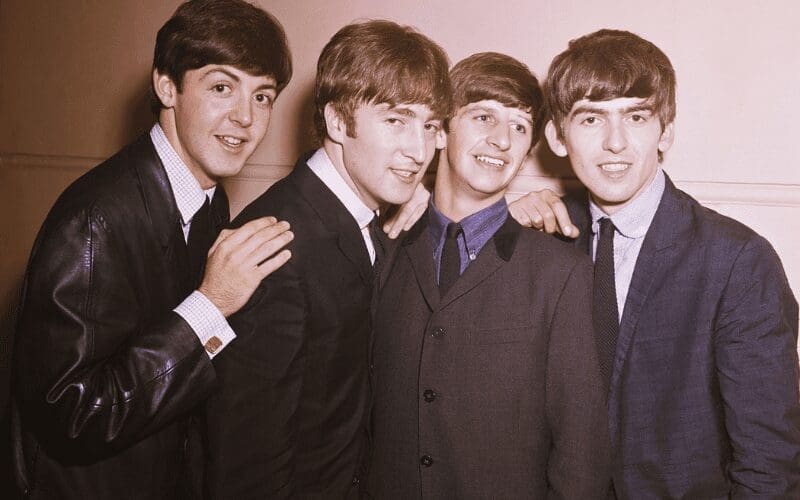
Everyone knows that in order to be successful at anything, “you’ve got to get your team right”. And it’s not even necessarily about talent or ability (although that often helps).
But ultimately, a band needs to be made up of people who complement each other creatively, musically and personally.
A good example is the Beatles’ original drummer, Pete Best, who was with the band as early as their days performing under the name The Quarrymen.
After the band’s first recording session, the producers felt that Best’s drumming style wasn’t working with the music and decided to replace him with someone else. This is where Ringo Star came in, and the rest is history.
On the other hand, Peter Buck of REM often talks about how he and the band’s singer, Michael Stipe, felt early on that their partnership and ability to bring the best out of each other was the key to the band’s success. He said, “I knew this guy would make me famous”.
Social Elements
Beyond the creative, there’s also a social element to being in a band. Sometimes as an artist, times can be a little tough, and it’s always a little easier on the soul when your bandmates have your back.
Playing to a bartender and his dog on a Thursday night in the middle of winter is a grim and discouraging experience as a solo artist.
But, as a band, it’s a laugh and an excuse for a live practice and a couple of drinks. Moreover, you can all motivate each other when you each experience moments of doubt.
How To Find Band Members
There are loads of ways to find band members – here are a few tried and tested options and some other methods you might not have thought of!
Take Out A Magazine Ad
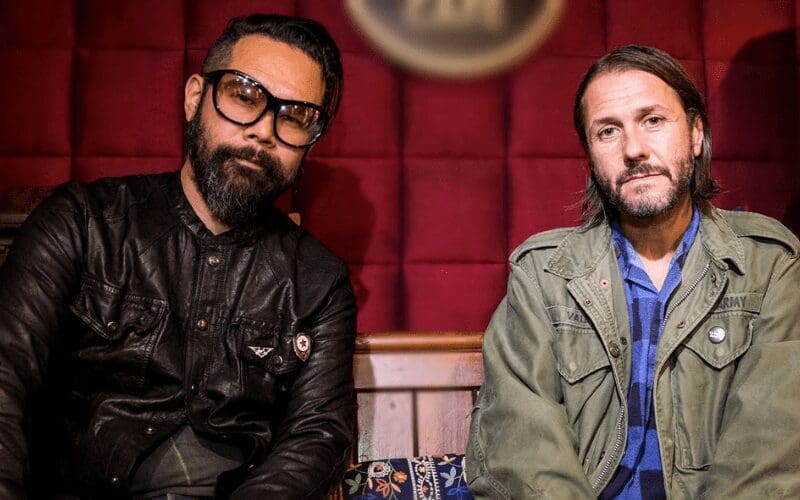
Perhaps not as relevant in the digital age as it once was, taking out a listing in a magazine or local newspaper is a well-known way to find like-minded musicians.
Feeder, The Killers, The Lumineers and Half Moon Run all took out ads in local print media to find local band members.
Look Close To Home
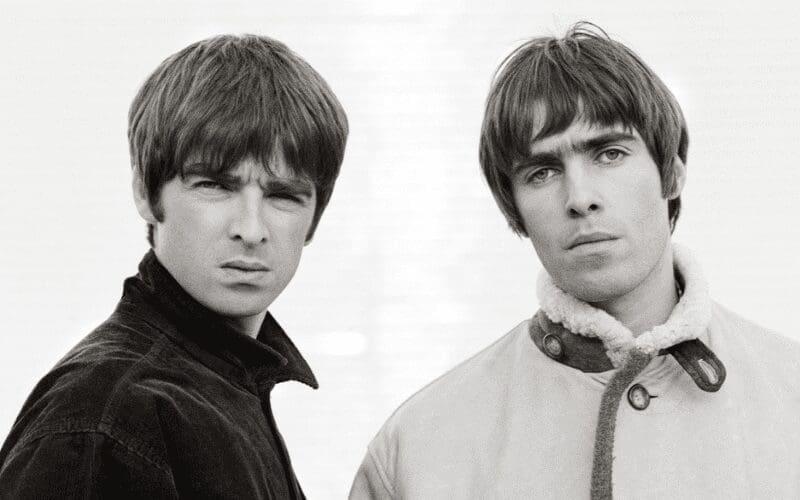
Sometimes looking a little closer to home can be a good option if you’re scouting for bandmates. In the “Supersonic” documentary, Liam Gallagher speaks about how he was recruited to front Oasis before reaching out to his brother to bring a little musicianship to the group.
Van Halen, AC/DC, Larkin Poe, The Beach Boys, The Allman Brothers, The BeeGees, Black Crowes, Creedence Clearwater Revival and Billie Eilish have all found creative partners in their siblings.
In the case of Spandau Ballet, this didn’t even have anything to do with talent. When they were still working under the name The Gentry, the band’s manager (Steve Dagger) suggested that lead guitarist Gary Kemp’s brother, Martin, might be a good fit as a new bass player.
Even though he didn’t play the instrument, Martin learned bass at lightning speed and was gig-ready within three months.
Form Musical Bonds Through Friendship
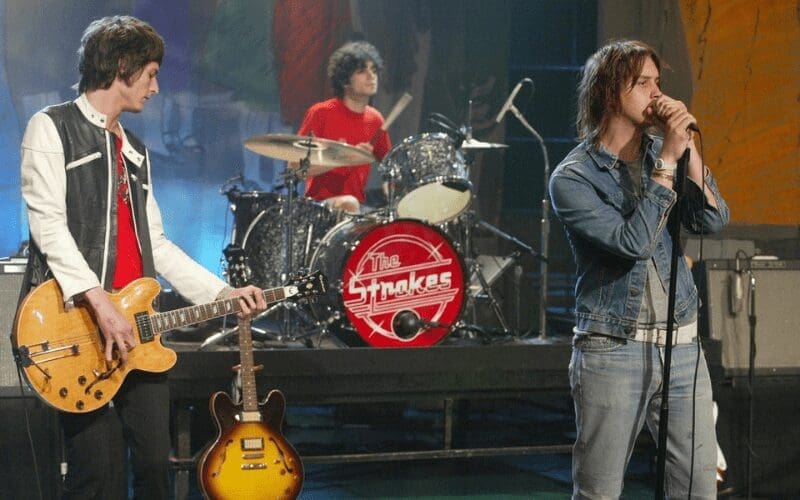
Sometimes friendship ties grow into musical bonds, which can be even more exciting. This can be especially true when younger friends discover how to get the sounds they want out of their instruments, learn more about music, and feed off each other in the process.
This is the story of the Strokes. Julian Casablancas, Nick Valensi and Fabrizio Moretti all became friends and started playing together whilst still in high school. It’s also how Mercury Prize winners The XX initially started.
If you’re wondering how to find band members in High School – a good place to start is the music department. You’ll often find the musicians hanging out there, and getting involved in the music department will help you network and meet musicians in other classes and year groups.
You never know what other projects or opportunities those musicians might be open to outside their school obligations. So it’s a good avenue to explore.
It’s also worth noting that sometimes, friends of friends make the best bandmates. Back in 1959, a mutual friend introduced Franki Valli and Tommy DeVito to singer and songwriter Bob Gaudio.
This sparked the formation of the Four Seasons. As an interesting side note, that mutual friend was a 16-year-old Joe Pesci!
Look Online

With the advent of the internet, the opportunities to meet other like-minded musicians became simultaneously easier and harder.
As the internet and other modern media ate up the cultural spaces where people would typically interact, the opportunities to meet other musicians became more infrequent. But the internet also offers many opportunities to meet other musicians.
Capital Cities met following an ad placed on Gumtree. And there are great music-specific websites like Join My Band where musicians can place free ads looking for other musicians.
There are also loads of groups on social media – try searching for “YOUR AREA local musicians” or “Musicians Network”, etc.
How To Find Band Members Through Work

While it might not seem the most rock ‘n’ roll place to find a band to join, a lot of bands meet through work. In fact, some companies actively encourage this kind of activity. This is because of the social benefits of co-workers interacting outside of work.
You can often find companies with social message boards (either physical notice boards or digital ones). This is where staff can post looking for other musicians.
Houston-based rock outfit Max Q was formed in 1987. They have to have a rotating lineup because all members are astronauts!
The Local Music Store, Rehearsal & Recording Studios
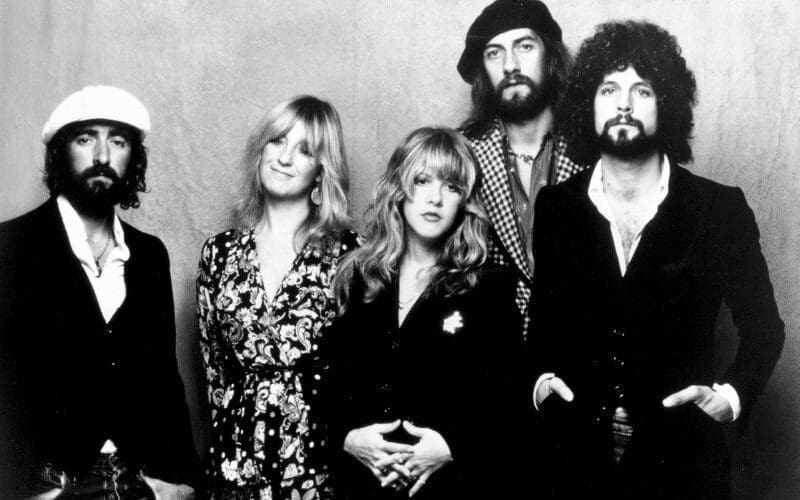
This is another classic. Most music shops have a noticeboard where you can advertise for other musicians. As do most rehearsal spaces and recording studios. Even if studios don’t have a dedicated notice board for visiting musicians, it’s always worth speaking to local producers and studios.
They are typically very plugged into the local scene. Additionally, they have a great ear for those who might complement each other’s sound.
A prime example is how Fleetwood Mac recruited Lindsay Buckingham and Stevie Nicks. Buckingham and Nicks had been recording at Sound City Studios. Mick Fleetwood was investigating the studio as a potential recording option for the band. On hearing the recordings of Buckingham and Nicks, he asked who the guitarist was, and introductions were made. This led to the creation of “Rumours” and Fleetwood Mac’s most commercially successful period.
How To Find Band Members in the Scene
This one is more intangible but certainly relevant. In being generally active in the local music scene, you will naturally interact with other musicians. New projects and opportunities will spring up naturally.
In the punk scene of the 70s, bands were constantly evolving. Different acts were getting together and forming new projects.
The same is true of the folk scene in the UK and the country scene in the US. Lots of artists meet through a mutual scene and start new projects. So get involved with local music nights or open mics. Or send the music you’re currently working on to local DJs.
Additionally, keep your eye out for opportunities that might not be relevant for you but might suit someone else in your network and make introductions.
As a scene becomes more mature, new opportunities and projects emerge, naturally offering you the chance to find new bandmates and meet new people.
Our Final Thoughts
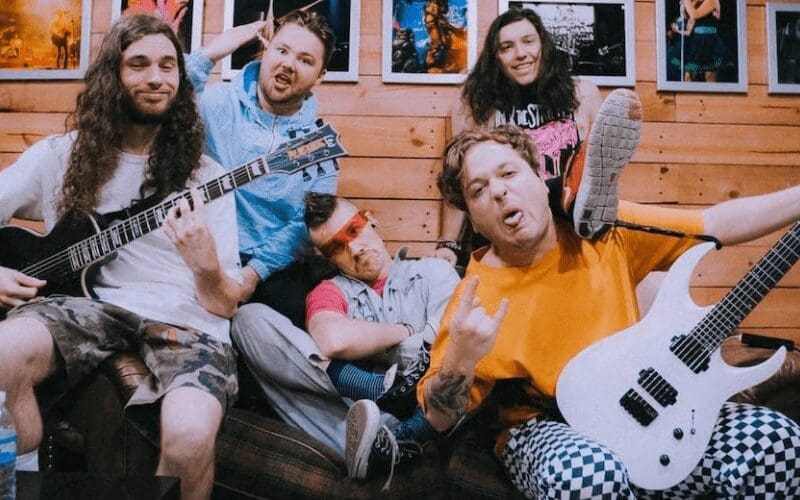
Finding a band is a real quest, but now you know how to find good band members. Any seasoned musician will tell you they’ve been in countless projects. It often takes a while to find the perfect balance of talent and interpersonal attributes to start cooking on gas.
We recommend trying a few of the above methods and not being too fussy (at least initially) about the kind of band you want to join.
Having an open mind can expose you to music you have perhaps not encountered before (and you may love it!), but it also allows you to start interacting with other musicians.
Once that starts, it often snowballs to where you find yourself meeting the perfect partners.
It also means putting yourself out there, which can be scary. You might audition for bands and not get the gig, which does not reflect you or your talent. Sometimes the mix just isn’t right. But, if you keep putting yourself out there, you will find the right crowd and be a great fit.
So put yourself out there, place ads, go to gigs, play. Like-minded people usually seek each other out! Good luck!






